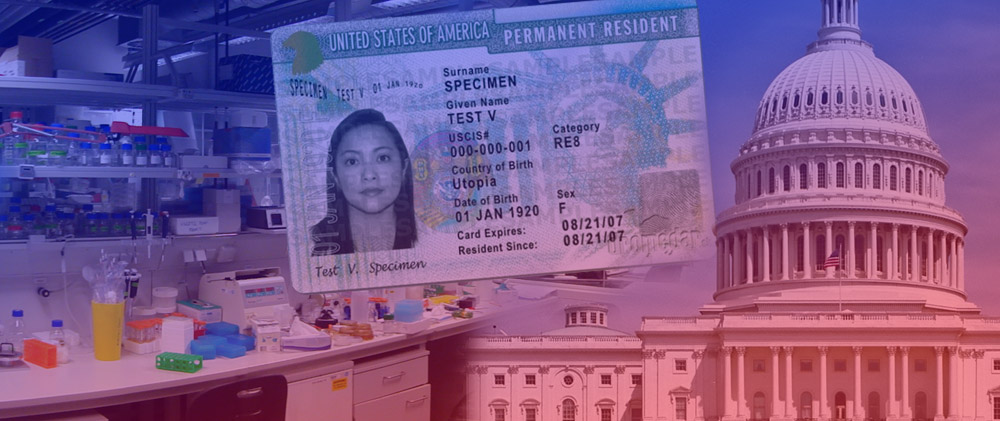Recently John Doerr (a member of the American Energy Innovation Council) and Ted Schlein, venture capitalists with Kleiner Perkins Caufield & Byers, wrote this article for Fortune magazine on federal support for research and entrepreneurship in the United States. They insist that we must not be “too timid to fail,” because boldness and some failures are a necessary part of the quest to solve our “grand challenges” in energy, education, healthcare, and other fields.
Doerr and Schlein bemoan the fact that Federal research programs are being “held hostage” due to political partisanship, thereby harming America. They assert that support for R&D is compatible with reigning in spending and balancing the budget, pointing out that innovation and entrepreneurship are necessary to achieve the “strong economic growth” that would make a balanced budget possible. They argue for three key sets of reforms:
- Direct Research Support: Doerr and Schlein speak highly of Federal research and loan programs. They want the country “to make responsible, strategic investments in key areas of innovation and potential growth” and ensure effective technology transfer from government labs and academia to the private sector.
- Education: Doerr and Schlein point out there are over three million open jobs in the U.S. for lack of qualified applicants. They argue for “a real education revolution” and suggest that online learning could play an integral role in transforming both K-12 and college education.
- Immigration: The authors assert that it would benefit the U.S. to let immigrants who receive advanced engineering or science degrees at our universities stay in the country. They recommend “stapling a green card” to their diplomas. They believe this will help the keep America innovative and competitive because “25% of U.S. technology companies were started by immigrant entrepreneurs who have created 450,000 jobs and over $52 billion in sales.”
These proposals to boost R&D are important, particularly for the energy sector, since innovation will be key to driving down the costs of renewable generation and re-thinking the electric grid. Doerr and Schlein indicate that Congress is currently debating a proposal to provide green cards with advanced STEM degrees. It is likely that immigration reform will be a top priority for the second Obama administration, and provisions targeted at highly skilled immigrants and graduates of U.S. universities (which are among the less controversial aspects of immigration reform) will probably be a significant part of that effort.
Laboratory (in image montage). Photo by Masur. Used under Creative Commons Attribution ShareAlike 3.0 Unported license (http://goo.gl/3Uruk). Green Card and U.S. Capitol Building images are in the public domain.

